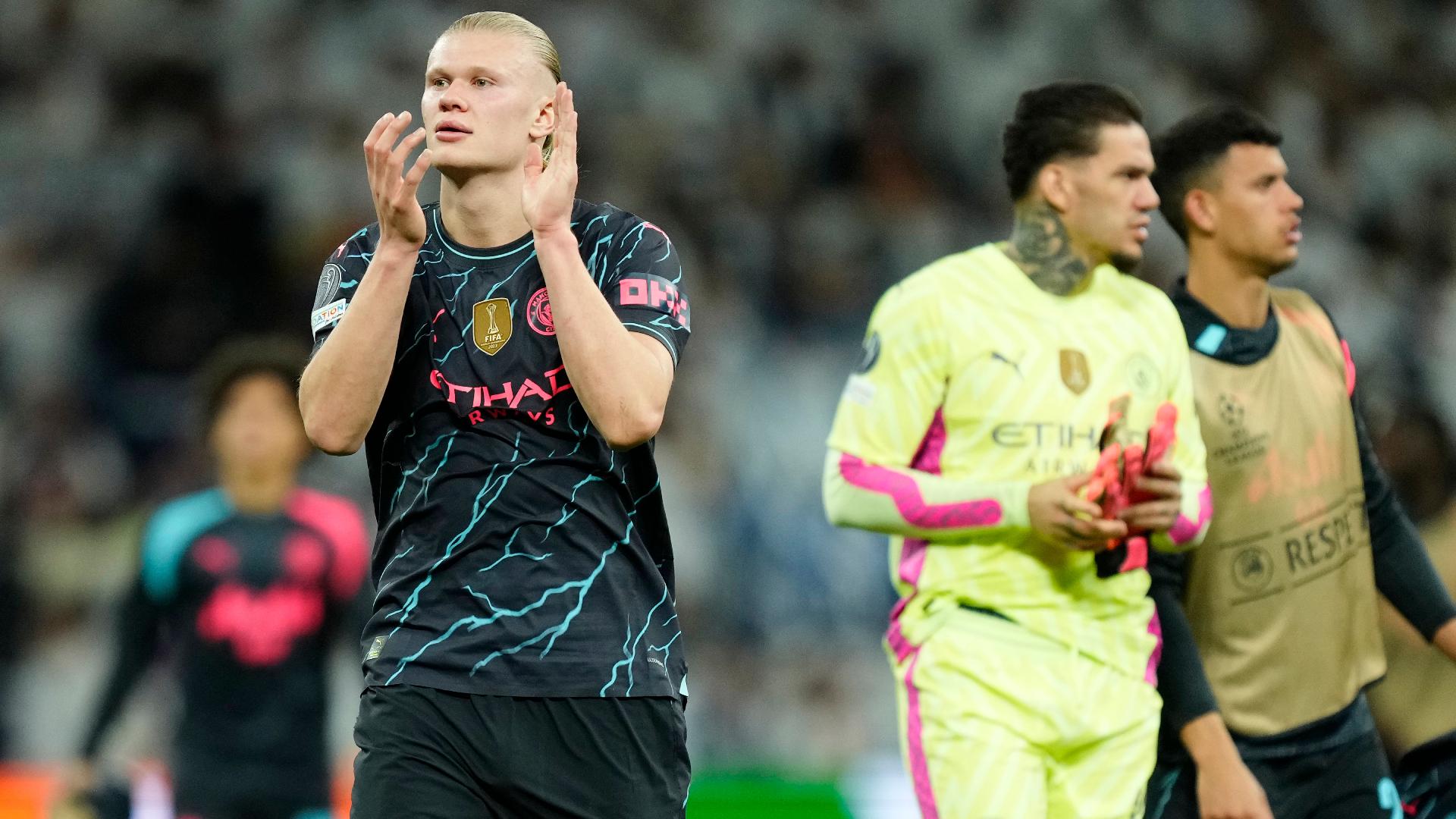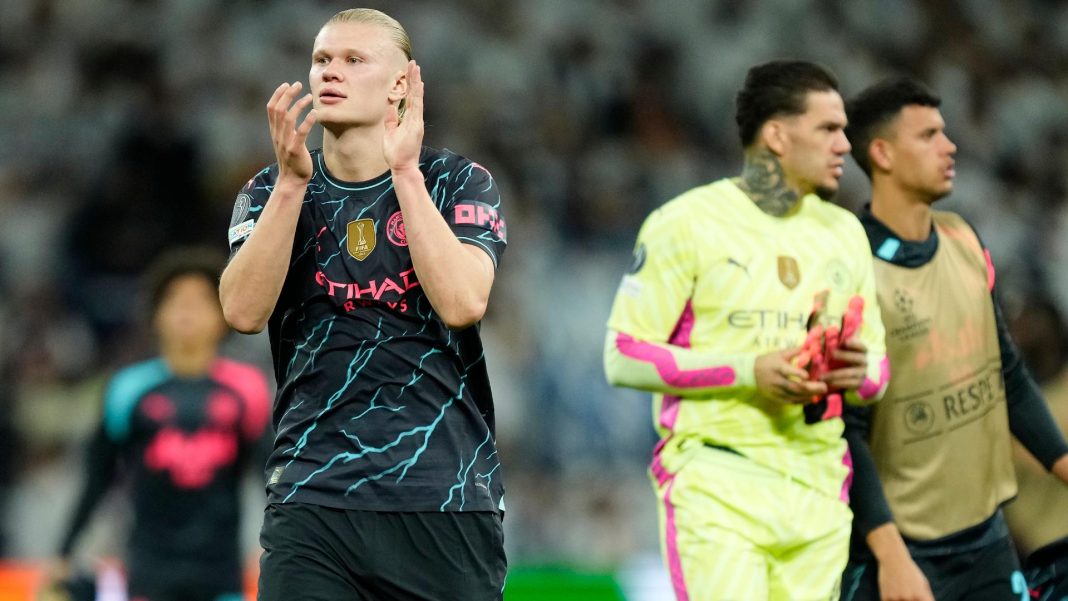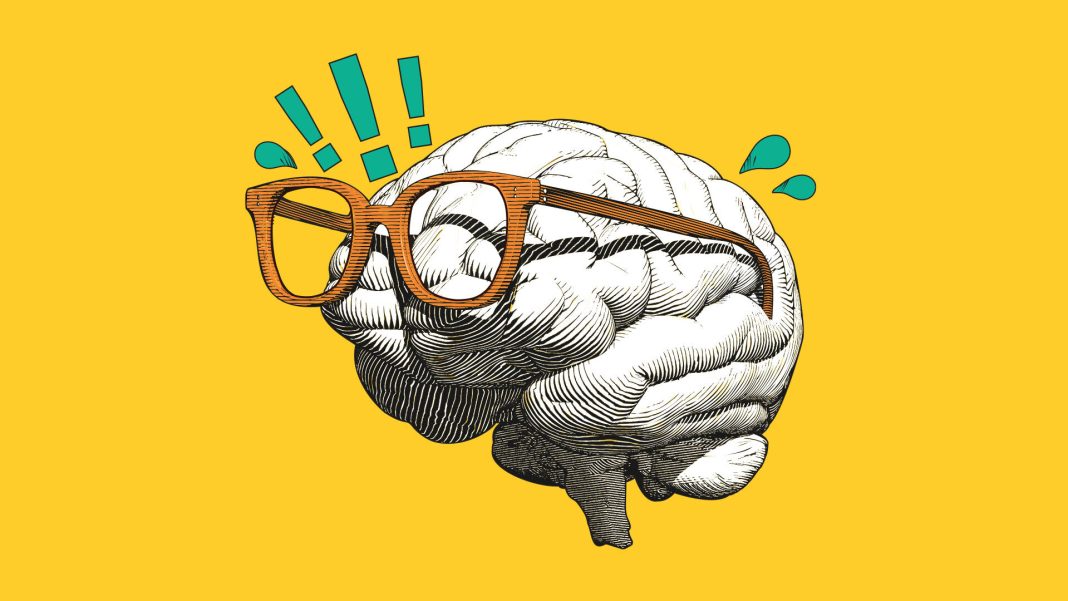 Late-night matches at the French Open have drawn criticism from players, including Coco Gauff and Novak Djokovic. Gauff expressed concerns about the health implications of playing late into the night, stating that it disrupts players’ schedules and can lead to inadequate rest. She highlighted the fact that even after the match ends, players have media responsibilities, treatments, and other post-match routines to tend to, resulting in getting to bed in the early hours of the morning.
Late-night matches at the French Open have drawn criticism from players, including Coco Gauff and Novak Djokovic. Gauff expressed concerns about the health implications of playing late into the night, stating that it disrupts players’ schedules and can lead to inadequate rest. She highlighted the fact that even after the match ends, players have media responsibilities, treatments, and other post-match routines to tend to, resulting in getting to bed in the early hours of the morning.
Gauff suggested the possibility of implementing a rule that prohibits matches from starting after a certain time to prioritize the health and safety of the players. However, she acknowledged the complexity of such a rule, considering that people have paid for tickets to watch the night matches. Moving courts when matches are going long was another suggestion she offered.
On the other hand, Djokovic, who experienced a late-night finish himself, didn’t delve into his thoughts on the timing of his match but acknowledged that there is some beauty in winning a match so late. He didn’t explicitly express dissatisfaction with the scheduling but hinted that there could have been alternative ways to handle it.
The issue of late-night matches at the French Open raises questions about the well-being of players and the impact it may have on their performance. While there may be excitement and uniqueness associated with playing late into the night, it is essential to consider the physical and mental toll it takes on athletes. Inadequate rest can result in fatigue, affecting players’ recovery and potentially increasing their risk of injury.
It is worth noting that this is not a new concern in tennis. Other Grand Slam tournaments, such as the US Open and Australian Open, have faced similar criticisms regarding late-night matches. The scheduling of matches should strike a balance between providing entertainment for spectators while prioritizing the well-being of players.
To address these concerns, tournament organizers could explore options such as adjusting the starting time of night matches to ensure they conclude at a reasonable hour. This could involve exploring the possibility of moving matches to different courts if they are going long. Additionally, implementing strict guidelines for rain delays and rescheduling matches promptly can help avoid late-night finishes.
The players’ opinions on this matter should be taken seriously, as they are the ones directly affected by the scheduling decisions. Their insights and experiences can provide valuable input in finding a solution that benefits both players and spectators.
In conclusion, the issue of late-night matches at the French Open has sparked a debate about the health and well-being of players. Coco Gauff’s concerns highlight the challenges players face in maintaining a healthy schedule and adequate rest. Novak Djokovic’s comments suggest that while there may be some appeal in late-night victories, there is room for improvement in scheduling. Tournament organizers should consider implementing measures to prioritize the health and safety of players while still providing an enjoyable experience for spectators.


